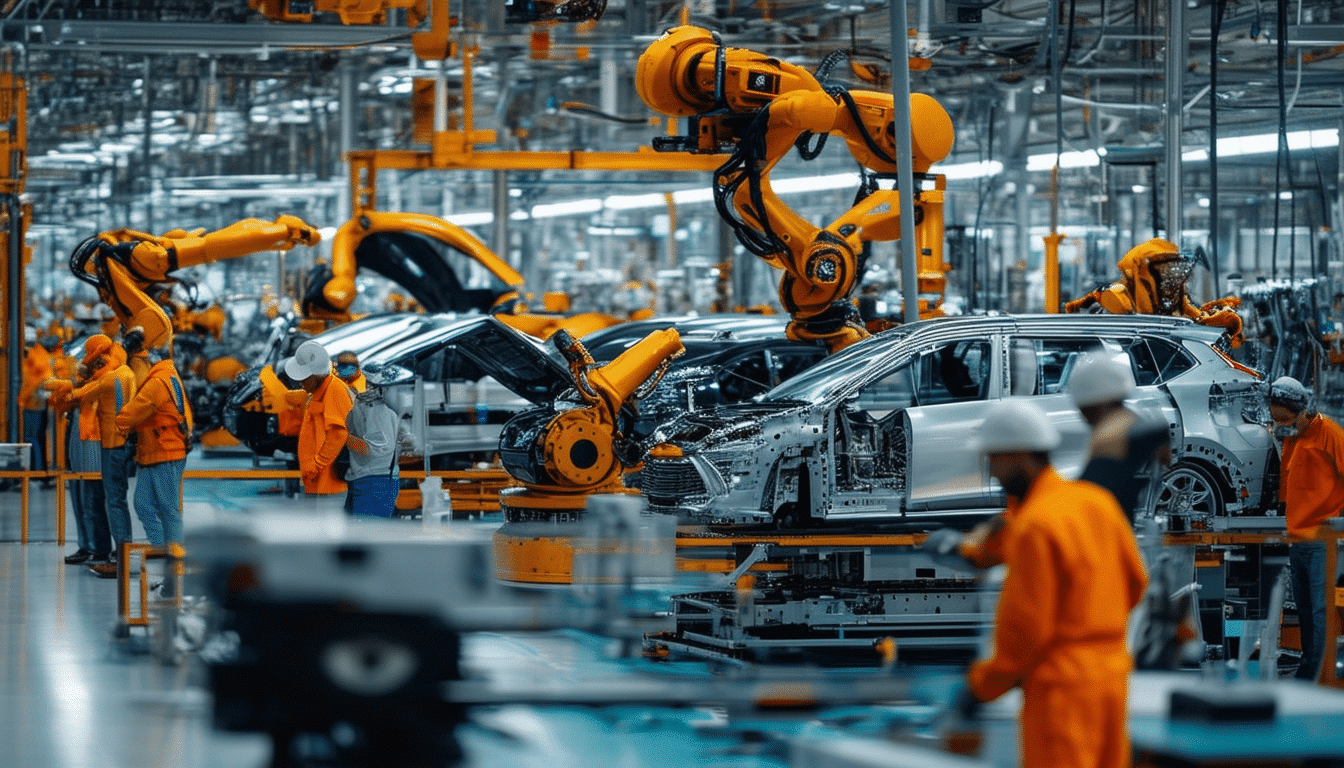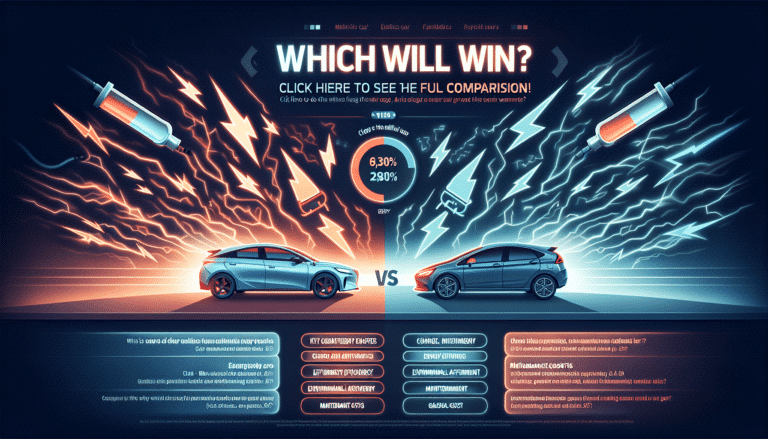Automotive competencies: discover the secrets that drive the industry in Mexico

The automotive industry in Mexico is undergoing a significant transformation, facing challenges that simultaneously represent opportunities. Among the factors that are reshaping the landscape are the care for the environment, the adoption of electric cars, and the automation of production lines. These changes are not only fundamental for staying competitive globally, but they are also driven by the increase in exports and a strong domestic market. Furthermore, the collaboration between Mexico and the U.S. strengthens the sector through innovative political and educational initiatives. These competencies are essential to meet the growing demand and sustainability goals in an ever-evolving market.
The automotive industry in Mexico is going through a transformative phase marked by environmental challenges, technological innovations, and the integration of automated production lines. With a market growth of 4.93% in car production and a projected growth of 10.45% for the autoparts industry in 2023, the dynamism of the sector is reflected. Moreover, the push for electric cars and the strengthening of bilateral educational and economic policies between Mexico and the U.S. are factors that continue to shape the future of this key industry.
Current Challenges and the Push for Technological Innovations
The automotive industry currently faces significant environmental challenges that are having a substantial impact. One of these is the growing demand for electric vehicles and the need to adapt manufacturing lines to meet this new paradigm. Companies are making strategic investments in the automation of production lines, which is transforming how vehicles are produced.
Additionally, advancements in artificial intelligence are revolutionizing the industry, integrating into key processes, from design to manufacturing. This shift towards smarter production is being guided by the pursuit of efficiency and sustainability.
Integration of Educational and Economic Policies
The collaboration between Mexico and the U.S. in developing the automotive industry is crucial. Ministries such as Economy and Public Education in Mexico have worked together to establish policies that promote growth and prepare specialized human capital. This effort has led to binational initiatives aimed at sharing best practices and educational resources.
Projects like ‘Reports and Policy Recommendations’ have been launched with the goal of not only increasing the sector’s competitiveness but also creating a core of specialized talent that drives innovation and technical development.
Market Growth and Future Prospects
Throughout 2022, car production in Mexico experienced notable growth, driven by the boom in the export industry and the strengthening of the domestic market. The prospects for 2023 are even more optimistic, especially for the autoparts industry, which is expected to grow by 10.45%, reaching a production value of USD 115,802 million.
The prominence that the country has gained in the global automotive arena is partly due to its strategic geographical position and trade agreements that favor free access to important markets. This favorable environment has attracted investments and positioned Mexico as a major global automotive production center.
Rise of Electric Vehicles
The rise of electric vehicles represents a significant opportunity for Mexico, while also posing a considerable challenge. This segment is not only driving changes in production but also questioning the existing infrastructure and supply chain. The industry is reinventing itself to face this new reality, adapting to demands for cleaner and more sustainable technologies.
As the demand for these vehicles continues to grow, companies are incorporating green technologies into their production processes, from the use of renewable energies to the recycling of materials. This transition is key to remaining competitive and contributing to sustainable development.
For more information on automotive trends, feel free to visit this page. Additionally, for specific news about exciting new models such as the Toyota Supra with a V8 engine, check out this link. And if you are a motorcycle enthusiast, you will be amazed by these 7 iconic motorcycles that made history.
The Competencies Shaping the Automotive Industry in Mexico
The dynamism of the automotive industry in Mexico cannot be understood without the competencies driving its evolution. Environmental challenges have fostered a wave of innovations, especially in developing electric vehicles. This segment has become a fundamental pillar, revolutionizing not only market expectations but also the production lines themselves, now incorporating cleaner and more efficient technologies.
The growth of the autoparts market with a projected increase of 10.45% in 2023 is another example of this industry’s vigor. With an estimated production value of USD 115,802 million, it remains a critical component in the value chain, supporting both the domestic market and exports. This momentum is further strengthened by binational collaborations between Mexico and the U.S., where the integration of knowledge and technology is sought to bolster the sector.
The incorporation of artificial intelligence is another element transforming the automotive landscape. From automation in manufacturing to the creation of autonomous vehicles, AI stands as a change engine. The industry is not only adapting rapidly but also setting global trends, where Mexico plays a prominent role due to its ability to adapt and continuously improve.
Education and talent development are also crucial elements in this equation. Initiatives such as the ‘Reports and Policy Recommendations’ driven by governmental entities seek to train professionals capable of leading the industry to new horizons. With visionary leaders like Elisa Crespo and innovative marketing strategies, the industry is not only looking towards the future but is firmly building it.




